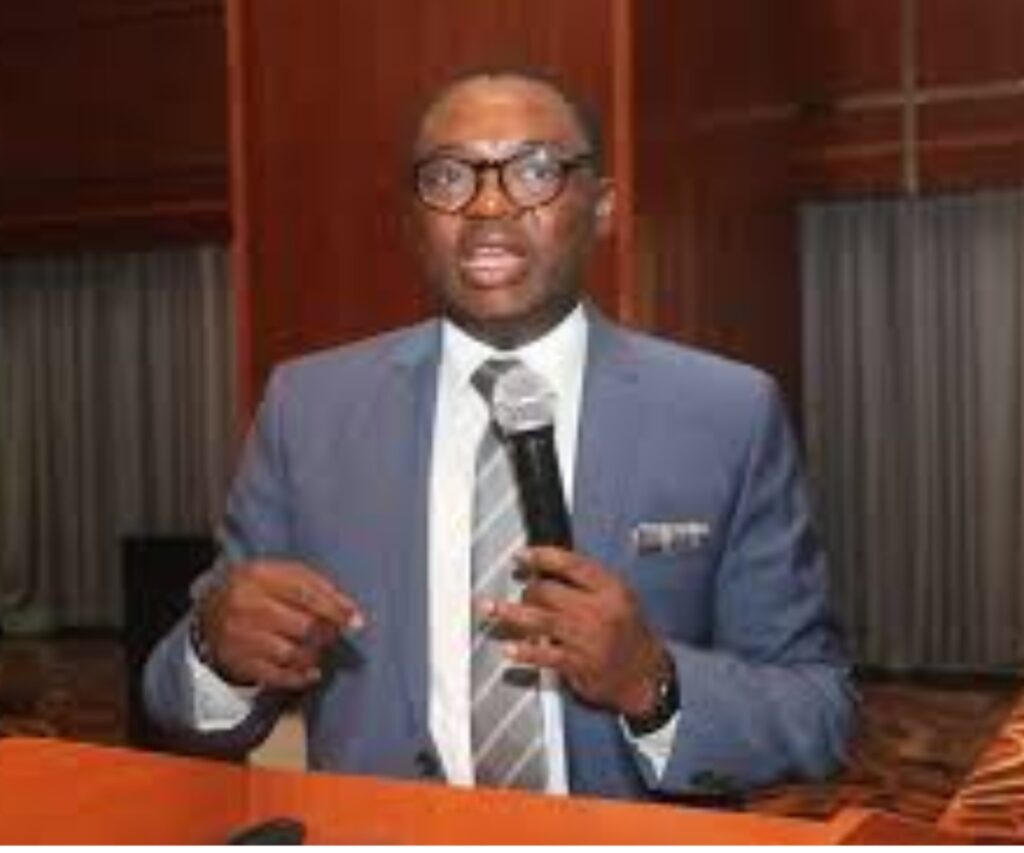
On Monday, Donald Trump was inaugurated as the 47th President of the United States, marking his return to the White House. In his new term, President Trump has already taken significant steps to reshape U.S. policies on immigration, the economy, global health, and other key areas. Speaking with reporter, Prof. Godwin Oyedokun of Lead City University, Ibadan, provided insights into how these developments could affect Nigeria’s economy and health sectors.
Impact of Increased U.S. Oil Production
One of the early policy moves by President Trump is the decision to ramp up oil drilling in the United States. With Nigeria heavily reliant on oil for over 80% of its foreign exchange earnings, the implications could be profound.
“Increased U.S. production will likely add to global oil supply, which could depress prices,” Prof. Oyedokun noted. “This would reduce Nigeria’s oil revenue and exacerbate foreign exchange challenges.”
Additionally, U.S. shale oil, which directly competes with Nigeria’s light crude, may see increased demand, further marginalizing Nigeria in the global oil market.
Implications for Nigeria’s 2025 Budget
The professor also highlighted potential challenges for the implementation of Nigeria’s 2025 budget, which is likely based on projected oil revenues. A decline in global oil prices due to heightened U.S. production could lead to revenue shortfalls, forcing the government to increase borrowing.
“This could hinder critical infrastructure projects, social welfare programs, and debt servicing. It may further worsen Nigeria’s already alarming debt profile,” he explained.
Immigration Policies and Nigeria’s Elite
President Trump’s executive order ending birthright citizenship in the United States has sparked debate. Prof. Oyedokun observed that the policy might discourage wealthy Nigerians and politicians from engaging in “birth tourism” to secure U.S. citizenship for their children.
“In the long run, this could encourage investment in Nigeria’s healthcare system, as fewer Nigerians would seek to give birth abroad,” he said. However, he cautioned that stricter immigration policies could also pose challenges for the Nigerian diaspora and ordinary citizens seeking better opportunities in the U.S.
Reassessment of U.S. Foreign Aid
The U.S. spent $1 billion in Nigeria last year through USAID, supporting health, education, and security initiatives. However, President Trump’s plan to reevaluate and realign foreign aid could result in significant reductions.
“Cuts in aid would negatively impact programs such as health campaigns, educational initiatives, and anti-terrorism efforts,” Prof. Oyedokun stated. He emphasized the need for Nigeria to explore alternative funding sources and develop sustainable solutions to address developmental challenges.
U.S. Withdrawal from WHO and Health Sector Concerns
The professor also commented on the U.S.’s withdrawal from the World Health Organization (WHO), a move that could create funding gaps and weaken health infrastructure globally, including in Nigeria.
“The U.S. is a major contributor to the WHO. Its withdrawal could reduce funding for programs tackling malaria, tuberculosis, and HIV/AIDS in Nigeria,” he said.
To mitigate the effects, Prof. Oyedokun recommended increasing Nigeria’s healthcare budget and strengthening partnerships with other international organizations, such as the European Union and African Union.
A Call for Economic Diversification
In conclusion, Prof. Oyedokun urged Nigeria to view these challenges as opportunities for reform.
“Nigeria must diversify its economy away from oil to reduce its vulnerability to global price fluctuations. Strengthening domestic healthcare and education systems is also essential to reduce dependency on foreign aid,” he advised.
As the Trump administration reshapes U.S. policies, Nigeria faces significant hurdles. However, with strategic reforms and proactive governance, the nation can adapt and thrive in the evolving global landscape.

Comments